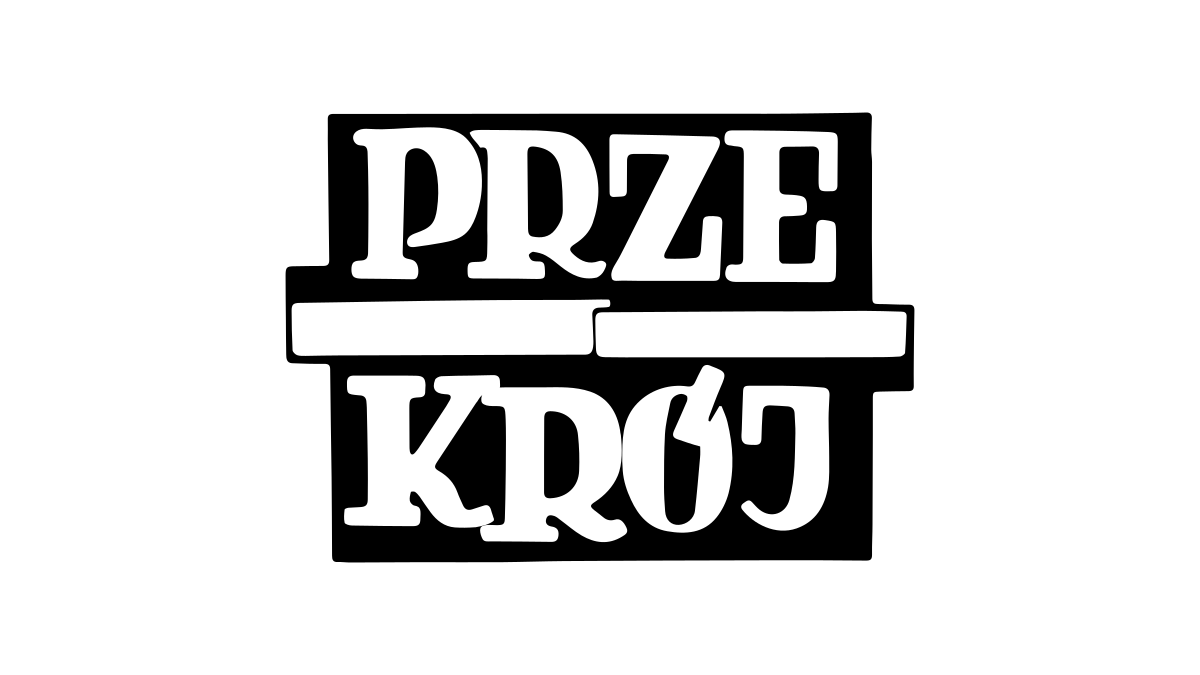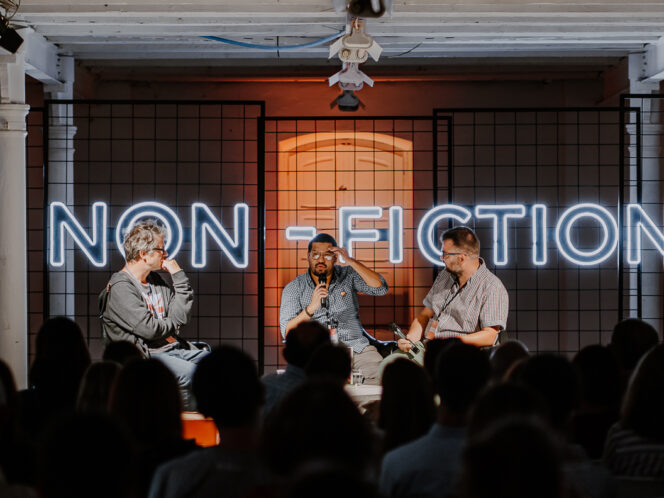
“War is normal for my son. He was four years old when it started. Now he’s ten and for the whole of his conscious life he has lived with the awareness that the Russian occupation is a running sore for Ukraine. Does it bother him? He simply doesn’t know that it could be otherwise,” says Ukrainian writer Artem Chekh, author of Absolute Zero.
Łukasz Saturczak: You’re off to join the army. You are meant to go to war. You get on the train and . . . what next?
Artem Chekh: I spent the four months before I left for the front at the military training grounds near Crimea, in Kherson District, and this time allowed me to ‘come to terms’ with the war. I was already carrying my weapon quite well. I had friends and had shrugged off the fear that had been troubling me during the first couple of weeks, which was due to my lack of experience. When we arrived by train at the front, I think I was ready for any and all difficulties. I remember that Donbas was eerily silent when we got there; as it turned out, our first weeks were suspiciously peaceful. I think we were quite simply given a psychological advantage and, before the shelling got going, we were already morally adapted to being at war. During this time, I ticked off many firsts: my first time in a military training ground, my first time on post and my first time at combat readiness. Each first makes you feel equally lost. You check out the terrain; you sigh deeply but, in the end, you get on with the job.
Absolute Zero begins with your arrival at the military training camp. We know very little about your life before the war. You were living in Kyiv, had a wife and, for years, had dreamt that they would call you up to the army, which is precisely what happened. You write: “I’ll either be a hero or a coward.” So where were the doubts? Didn’t you want to run away when you got the letter? Weren’t you afraid?
I learnt about my call-up from my father-in-law. He told me about it calmly, when we were resting at our dacha: “You know, I thought I might not tell you, but your call-up papers came.” Of course, I could have pretended that nothing had happened. I could have decided not to sign up and continued my life in Kyiv—finished my book, gone to the office and worked on boring advertising texts. Of course, I thought about not going to war. I was afraid. I was frightened by the uncertainty. It was going to be a year spent goodness knows where, with goodness knows whom. I had never held a gun in my life, let alone aimed one at someone.








